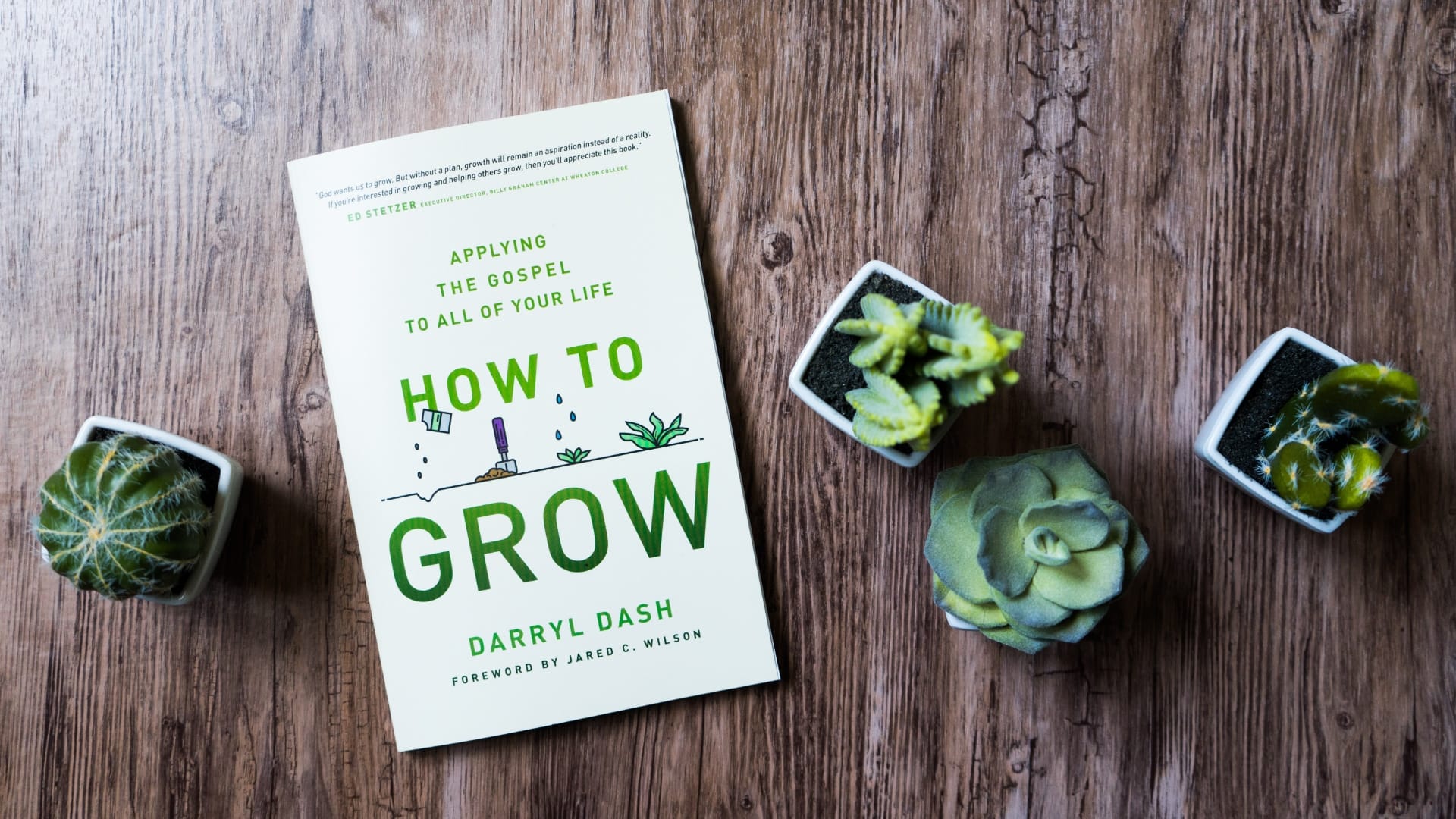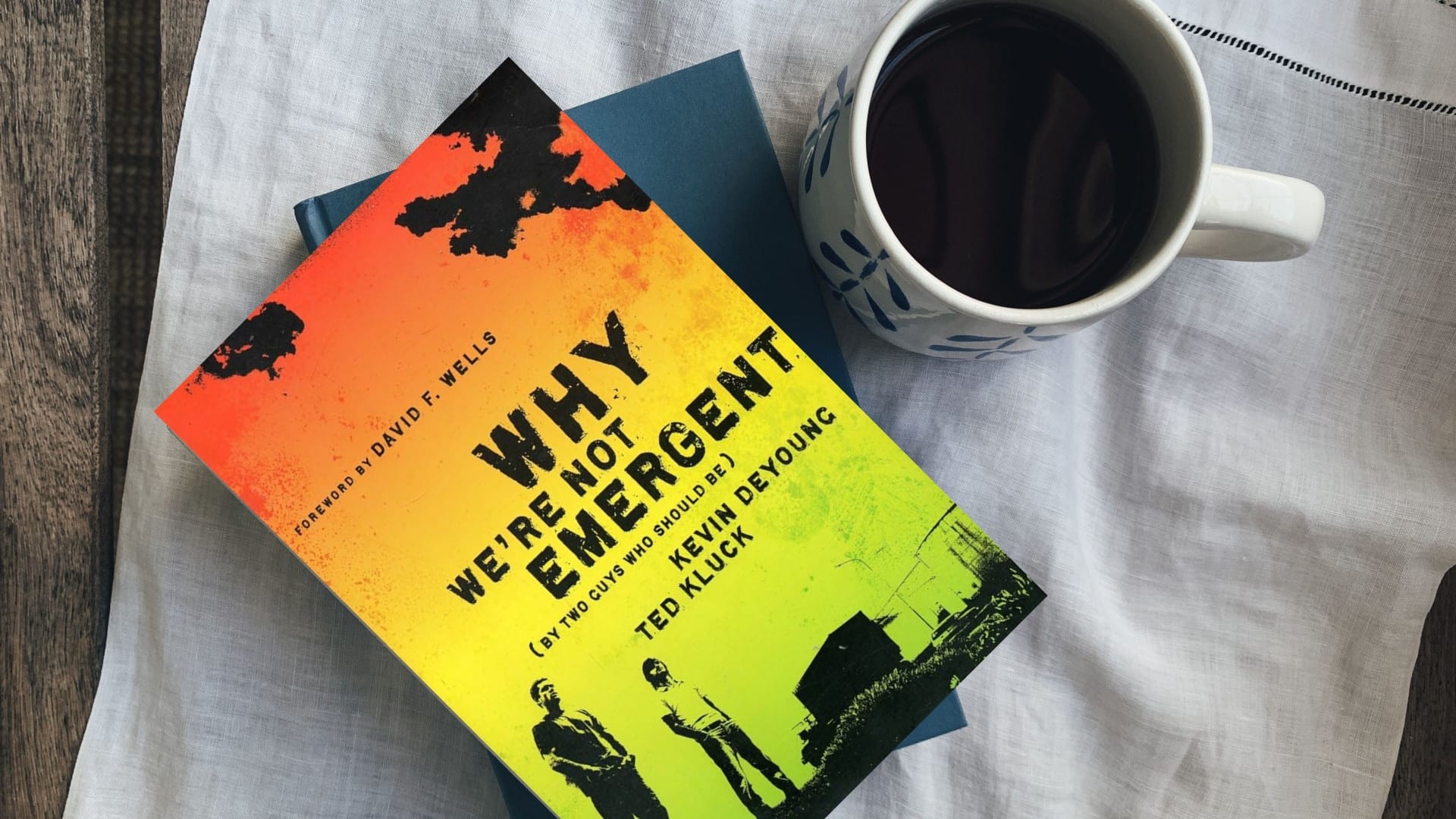Two Things I'd Change If I Wrote How to Grow Today

In 2018, my book How to Grow came out. I’m still happy with it, but there are two big changes I’d make if I wrote this book today.
First, I’d write about the role of suffering in growth.
I talk a lot about habits in the book, which is good. Habits — or spiritual disciplines, if you prefer — play a big role in our growth. In fact, I’ve become even more convinced of their importance in our sanctification.
But I wish I’d written more about the role that suffering plays in our growth. Looking back, the times that I’ve grown most are the times that I’ve suffered most. God uses the suffering of trials and his discipline to shape our characters and to help us mature.
It’s what Paul talks about in Romans:
…we rejoice in our sufferings, knowing that suffering produces endurance, and endurance produces character, and character produces hope, and hope does not put us to shame, because God’s love has been poured into our hearts through the Holy Spirit who has been given to us. (Romans 5:3-5)
It’s not that I didn’t write about suffering in the book. It’s just that I’d include an entire chapter on the subject now.
Suffering isn’t something that any of us desires, but I’m grateful that God uses suffering to produce growth in our lives through the ministry of the Holy Spirit. It’s one of the best ways that we grow, even if we don’t enjoy it.
Second, I’d write about plateaus.
Talking about habits is good, but I’d never want anyone to think that following habits is all that it takes to grow. You can practice all the habits — reading Scripture, praying, and participating in the life of the church, for instance — and still go through a period of spiritual struggle. Life is complex. People are complicated. You can practice all the habits well and still live in a spiritual desert.
One of the reasons we have so many psalms of lament is because life is full of hardship. The psalmist often expresses that it seems that God has forgotten him. Even Isaiah talks about the hiddenness of God. “Truly, you are a God who hides himself, O God of Israel, the Savior” (Isaiah 45:15).
As one hymn-writer puts it:
He hides himself so wondrously,
As though there were no God;
He is least seen when all the powers
Of ill are most abroad.
We should expect this and not be alarmed. God is with us even when we can’t sense his presence. In fact, Hebrews is full of examples of people who trusted God against the evidence of circumstances. We’re called to trust him not just because we see evidences of his goodness, but even when God seems absent from our lives.
I wish I’d written more about the inevitable plateaus we may hit as part of our growth. There may be times that God seems hidden, and our growth seems stalled, but God as at work even then.
I’m still happy with this book. I hope it continues to be read. But these are the two changes I’d make if I wrote it today.





